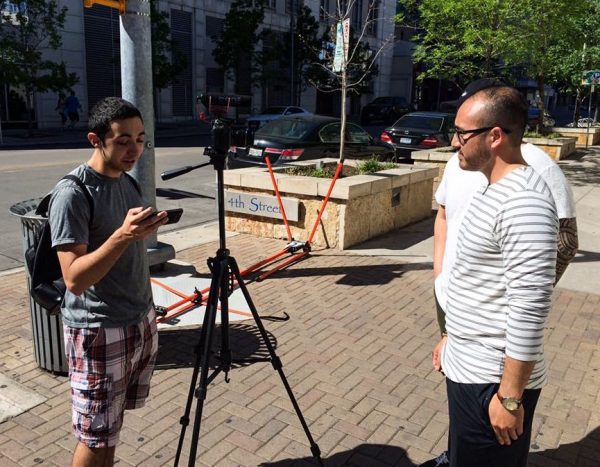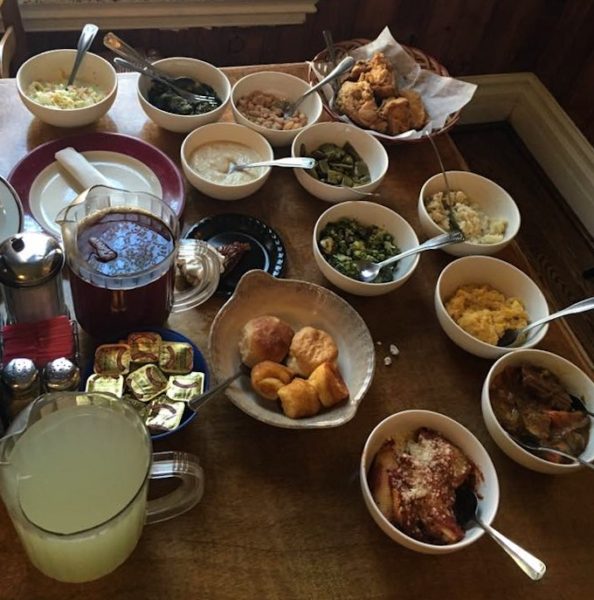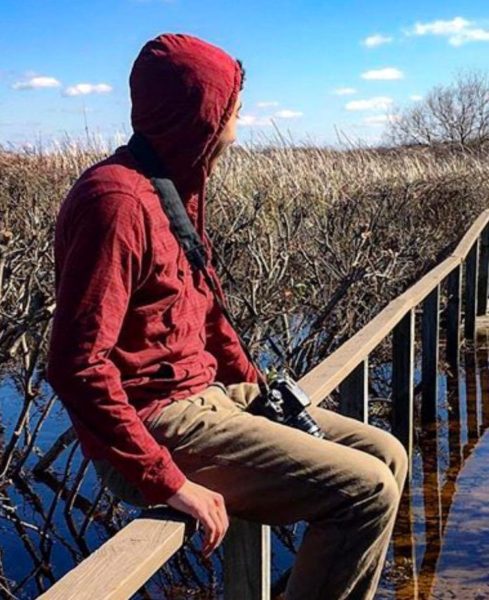Retention.
It’s a term most people hear often during conversations about the future of the Upper Ohio Valley.
Retention.
How do we create a better economic atmosphere so younger citizens will not be forced to peer to other corners of the country for opportunity and possible prosperity?
The easy answer is for there to be more jobs available to the recently graduated as was the case in the Wheeling area a half-century ago, but consumer trends, an ever-broadening global market, and missed opportunities have led to population decline and a regional recession for much of the past three decades.
That seems to be changing, though, doesn’t it? The construction of The Health Plan’s new headquarters, the transformation of an idle warehouse into the Boury Lofts, and the potential for development have combined to create an excitement not felt in the Friendly City since the Doobie Brothers and Foreigner rocked inside the Wheeling Civic Center in the late 1970s.

“I’ve spent a lot of time in the Columbus area, and downtown Wheeling now reminds me of there because of the amount of change that is finally taking place. But for a young person to make a big impact in Wheeling right now, it’s still pretty tough,” explained 22-year-old Wheeling resident George Kellas. “It has improved, and events like ‘Show of Hands’ have helped tremendously, but I’m still hoping that more and more progress can be realized so someone my age doesn’t have to worry about getting heard.
“As for development, in the past five years or so Centre Market has completely changed for the better. It’s now one of those places that surprise you when you visit because it really doesn’t look like Wheeling anymore,” he said. “So, there has been progress made, and now in the downtown we are seeing construction taking place in so many different areas, and not just the Health Plan project.”
Kellas spent most of 2016 outside the Wheeling area while traveling across the country and filming and producing promotional videos for restaurants and spending the colder months in Seattle working as a house painter.
It was a sabbatical, of sorts.
“I did it so I could see what others cities were doing right, and when I came home, I saw a ton of changes that had taken place around here, and it made me feel really good about my hometown. I didn’t expect so much to take place while I was gone, but it was a great surprise when I did come home,” Kellas reported. “And I think that’s true with everyone who has come home recently after being away for a period of time, and it’s amazing to see that we are finally getting to a place where things are moving much more quickly.

“Wheeling is starting to improve, and the debate between action and just talking about taking action has been settled to a point that now a lot of action is taking place,” he said. “Now, it seems important to people to gain community credibility, and to come up with ways to improve the overall community instead of just worrying about personal survival. To continue moving forward it’s going to take a lot of different groups to come together to make the Wheeling area a destination city for tourism and for the city to be an even better place to live and raise children.”
Kellas, a young man who began his career as an entrepreneur as a student at Wheeling Park High School, has been hired by several local businesses to produce promotional social media content and was the winner of the “Show of Hands” event in September 2015. Despite that success, he has found it difficult to be heard by the decision makers in the Wheeling area.
“A lot of what happens in Wheeling caters to the bulk of the population, and that means that it caters to people around the median age of 48 years old,” he explained. “We can talk all day about the retention of our graduating high school and college students, but it’s never the young people who are getting the chance to talk about it. Retention is an important issue, though, and those young voices really need to be included in all of those conversations.
“For the past 20 to 30 years the retention rate in Wheeling has been horrible, and that’s because of a lack of opportunity for the recently graduated. There is a gap in our population now, and I believe we need to give a voice to the action takers in our community,” Kellas continued. “And we also need everyone on board so we can figure out what is not working. I feel we have been debating it for some time now, so I am hopeful that we will reach the stage where the solutions can be implemented so the trend of leaving town comes to an end.”

He is determined to remain in Wheeling or as close as possible, Kellas insisted, even though he has been bombarded with municipal negativity most of his life. He also witnessed his late father, journalism legend George Kellas, battle against the persistent, civic depression in the valley region up until his passing in early 2009.
“I definitely have heard the negatives, but to me that’s always meant that there is a lot of room for improvement. Plus, people have always concentrated on the past of Wheeling, but now I get the feeling that we are now discussing the future of the city,” Kellas explained. “I no longer hear that there’s nothing to do here or that it’s boring, but there’s still a lot of improvements that need to be made. The big difference, though, is that there is hope that more changes will take place in the near future.
“I can remember when most of the talk involving this city was about what we were losing, and what we would lose next, as far as businesses in our downtown area,” he continued. “But now it seems we’re discussing what’s new and what could be next, and that has been something that has changed since I was in high school at Wheeling Park.”
This city, where the state of West Virginia was created on June 23, 1863, has been “on the map” since the Revolutionary War era, but it wasn’t until the 1930s that Wheeling was home for more than 62,000 citizens. Although the population began to decline in the late 1940s, attractions like Oglebay Park, Jamboree U.S.A., and Wheeling Downs still drew millions to a city that served the Upper Ohio Valley as the primary provider of business and medical services, all-scale retail options, and big-time entertainment.

But since then the city’s star has faded because the Jamboree shuttered in the mid-2000s, the legalization of casinos in Ohio and Pennsylvania robbed the Wheeling Island destination of more than a million annual visitors during the past 10 years, and the deletions of manufacturing and coal-mining jobs have been realized since the 1970s.
Those developments among others remanded Wheeling as “one of those places along the interstate.”
What might change that, though?
“There truly are a lot of stories to be told about the city of Wheeling because this area is so rich in history, in historic architecture, and with several quality attractions, but I believe the next aspect of the city that will place Wheeling back on the map is our food. We really do have some amazing restaurants in this area, and I say that after traveling the county making videos at several restaurants.
“And we don’t know what might pop up next because there are so many great ideas that I’ve discussed with a lot of people since I returned home,” he said. “Right now, I know I am concentrating on helping those who are pushing forward with this current movement toward development and improving the quality of life, but I am hopeful that there will be a time when the high school and college students in Wheeling will be included in the conversation about Wheeling’s next step.
“I do like what I’ve been seeing lately,” Kellas added. “It’s good to witness progress.”
(Photos provided by George Kellas)



